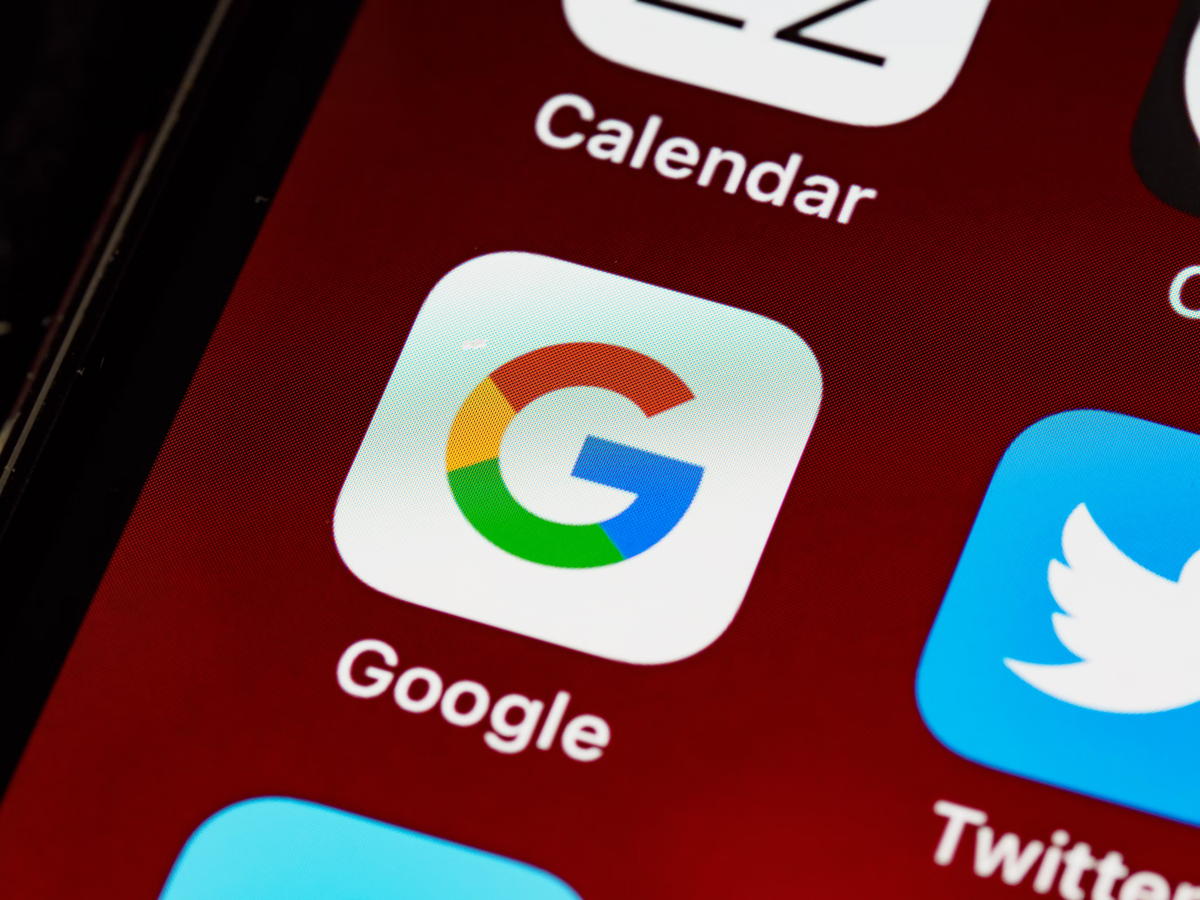Google Settles AI Chip Patent Lawsuit With Singular

Settlement agreement reached in patent infringement lawsuit over Google’s AI chips that had sought billions of dollars
Alphabet’s Google has reached a settlement in a patent infringement lawsuit over chips that power the company’s artificial-intelligence technology.
Reuters cited a Wednesday filing in Massachusetts federal court, which came the same day that closing arguments were scheduled to begin in a trial on Singular Computing’s lawsuit, which had sought $1.67 billion in damages for Google’s alleged misuse of its computer-processing innovations.
Earlier this month US District Chief Judge Dennis Saylor IV of the District of Massachusetts had ordered Google not to use the “vast quantity of users’ personal data” to which it has access for its own advantage in jury selection, ahead of the trial.

Patent allegations
Singular Computing, founded by Massachusetts-based computer scientist Joseph Bates, had alleged that Google copied his technology and used it for AI features in Google Search, Gmail, Google Translate and other services.
Google had denied the allegation and said Singular’s patents were “dubious”. It added that Google had developed its AI processors “independently over many years”.
In Singular’s 2019 complaint it said Bates had shared his computer processing innovations with Google between 2010 and 2014.
Google then introduced its Tensor Processing Units, chips with dedicated AI-processing features, in 2016.
Singular alleged versions 2 and 3 of the units, introduced in 2017 and 2018, violated its patents.
Settlement arrangement
Reuters reported on Wednesday that details of the settlement were not immediately available.
Representatives for Google and Singular confirmed the settlement but did not provide more information about it, Reuters added.
Google spokesperson Jose Castaneda said that the company did not violate Singular’s patent rights and that it was “pleased to have resolved this matter.”
Internal emails cited during the trial’s opening statements on 9 January had reportedly showed that Google’s now-chief scientist, Jeff Dean, wrote to others about how Joseph Bates’ ideas could be “really well suited” for what Google was developing.
Google reportedly countered that the employees who designed its chips never met Bates and created them independently.
The company reportedly said its technology was “fundamentally different than what is described in Singular’s patents.”